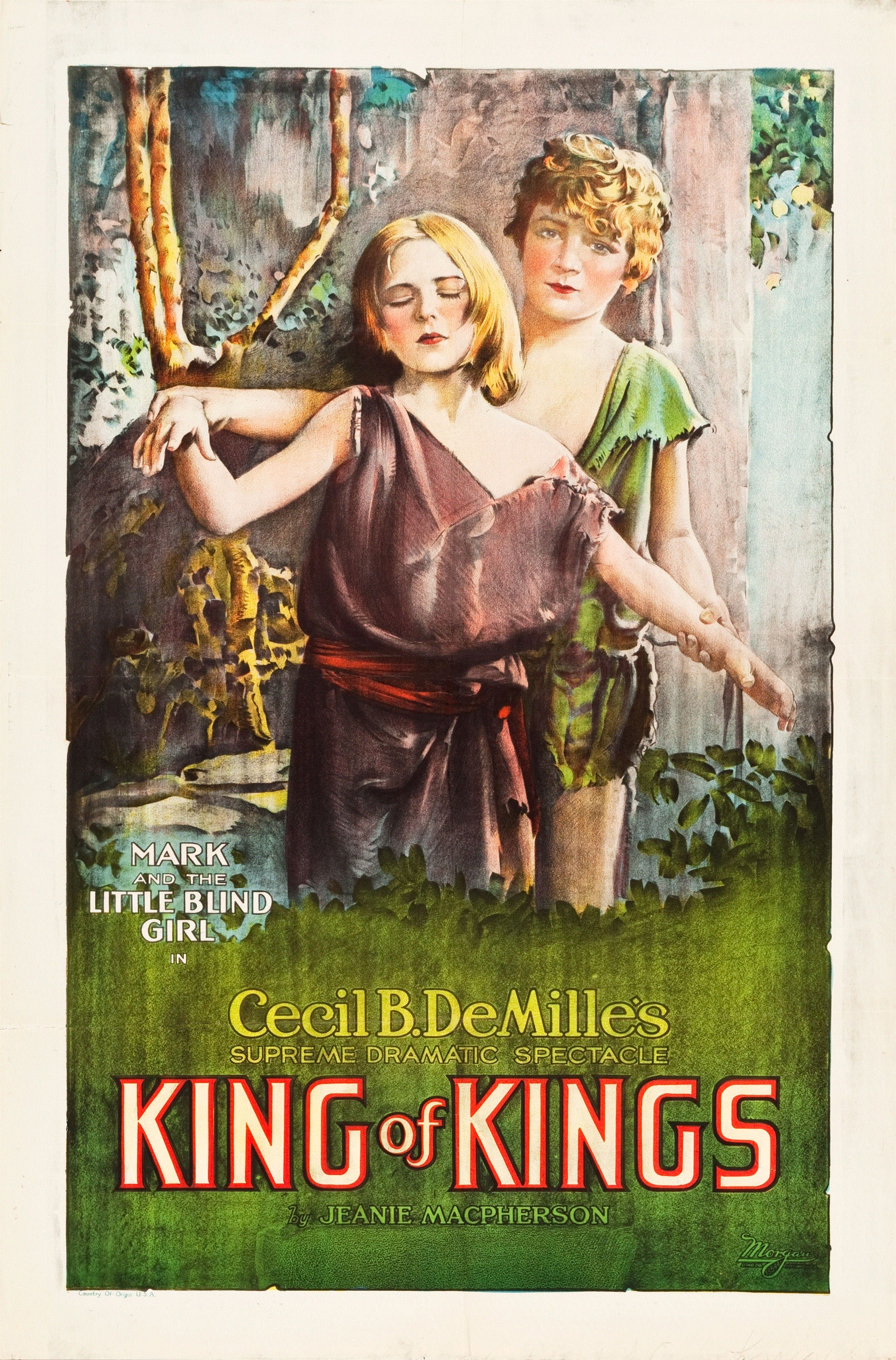A blog formerly known as Bookishness / By Charles Matthews
"Dazzled by so many and such marvelous inventions, the people of Macondo ... became indignant over the living images that the prosperous merchant Bruno Crespi projected in the theater with the lion-head ticket windows, for a character who had died and was buried in one film and for whose misfortune tears had been shed would reappear alive and transformed into an Arab in the next one. The audience, who had paid two cents apiece to share the difficulties of the actors, would not tolerate that outlandish fraud and they broke up the seats. The mayor, at the urging of Bruno Crespi, explained in a proclamation that the cinema was a machine of illusions that did not merit the emotional outbursts of the audience. With that discouraging explanation many ... decided not to return to the movies, considering that they already had too many troubles of their own to weep over the acted-out misfortunes of imaginary beings."--Gabriel García Márquez, One Hundred Years of Solitude
Thursday, February 2, 2017
The King of Kings (Cecil B. DeMille, 1927)
Director Cecil B. DeMille always had a fondness for unintentionally hilarious dialogue. Think of Anne Baxter's Nefretiri purring to Charlton Heston's Moses in The Ten Commandments (1956), "Oh, Moses, Moses, you stubborn, splendid adorable fool!" I'm almost sorry that The King of Kings is a silent film, so that we can't hear Mary Magdalene (Jacqueline Logan) utter the line: "Harness my zebras -- gift of the Nubian king! This Carpenter shall learn that he cannot hold a man from Mary Magdalene!" After the intertitle card fades, she swans off to rescue her lover, Judas Iscariot (Joseph Schildkraut), from the clutches of Jesus (H.B. Warner). It seems that Judas has become a disciple of Jesus because he believes that he has a chance at a powerful position in the new kingdom that Jesus is planning. This isn't the only hashing-up of the gospels that the credited scenarist, Jeanie Macpherson, commits, but it's the most surprising one. It also gives director DeMille an opportunity to introduce some sexy sinning before he gets pious on us: The Magdalene is vamping around a somewhat stylized orgy and wearing a costume (probably designed by an uncredited Adrian, who was good at that sort of thing) that leaves one breast almost bare. This opening sequence is also in two-strip Technicolor, as is the Resurrection scene some two and a half hours later. Yes, it's an enormously tasteless movie. Warner's Jesus is the usual blue-eyed blond in a white bathrobe found in vulgar iconography, and the actor has little to do but stand around looking wistful and sad at the plight of the world, occasionally giving a little smile that, with Warner's thin, lipsticked mouth, verges dangerously on a smirk. The film goes heavy on the miracles, even recasting one of the gospel writers, Mark, as a boy (Michael D. Moore) cured of lameness by Jesus. (When he throws away his crutch, it accidentally strikes one of the Pharisees standing nearby, only adding to their enmity to Jesus.) Unfortunately, DeMille stages the revival of Lazarus in a way that enhances its creepiness, having him emerge from a sarcophagus swathed in bandages like a horror-film mummy. Still, there's entertainment to be had, if you're not too demanding. Schildkraut's Judas is fun to watch at times: Once, he even skulks away like Dracula with his face hidden by his cloak. His father, Rudolph Schildkraut, plays the sneering high priest Caiaphas, Victor Varconi is a suitably conflicted Pontius Pilate, and William Boyd, soon to make his name as Hopalong Cassidy, is Simon of Cyrene, who helps Jesus carry the cross. The storm and earthquake after the Crucifixion is a DeMille-style special-effects extravaganza. The cinematography by J. Peverell Marley leans heavily on filters and screens to cast halos around Jesus, but does what it can to bring DeMille's characteristic tableau groupings to life. Fortunately, the movie also goes out of its way to avoid arousing antisemitism: The crowds calling for crucifixion are shown to be largely made up of bribed bullies who are suppressing those who want Jesus released, and one man furiously rejects the bribe by saying that as a Jew he cannot betray a brother.
Links:
Adrian,
Cecil B. DeMille,
H.B. Warner,
J. Peverell Marley,
Jacqueline Logan,
Jeanie Macpherson,
Joseph Schildkraut,
Michael D. Moore,
Rudolph Schildkraut,
The King of Kings,
Victor Varconi,
William Boyd
Subscribe to:
Posts (Atom)
